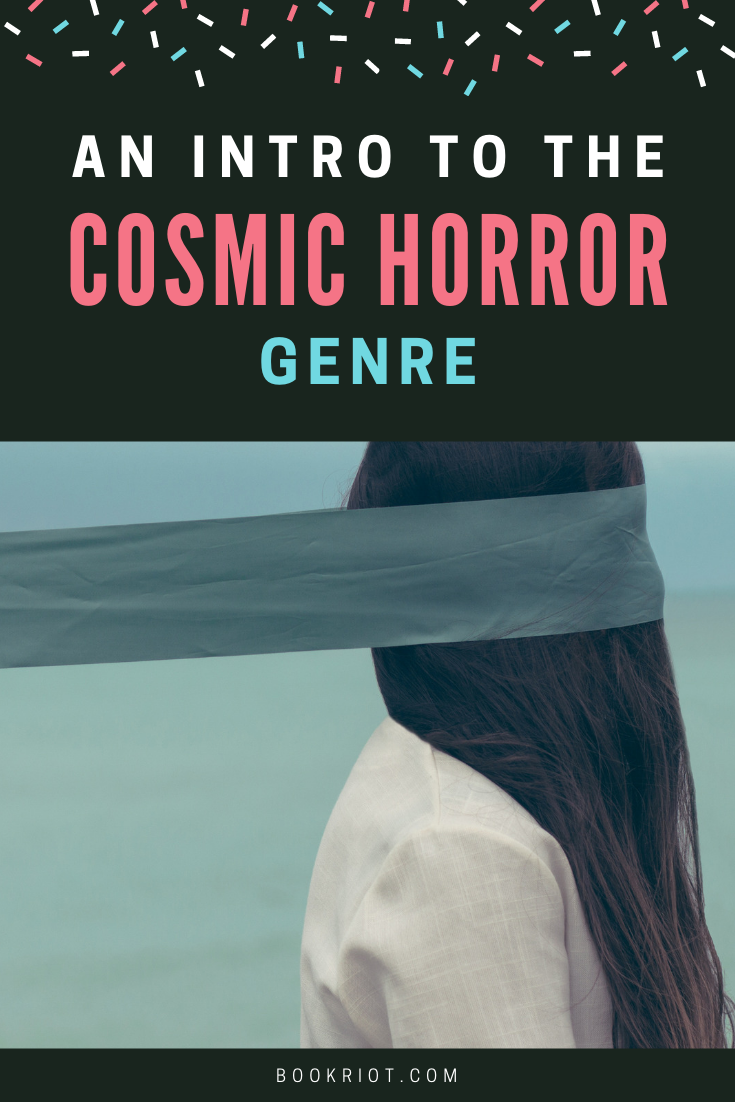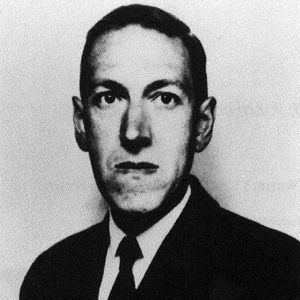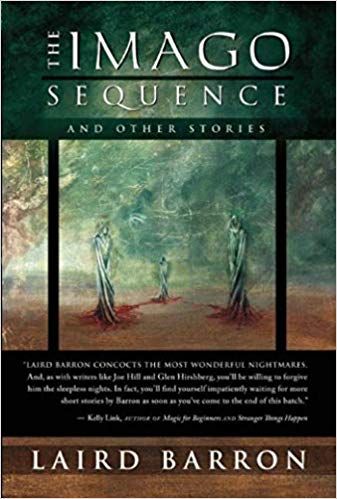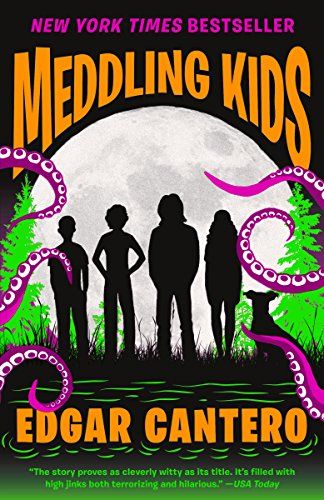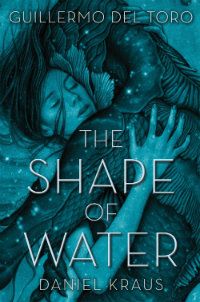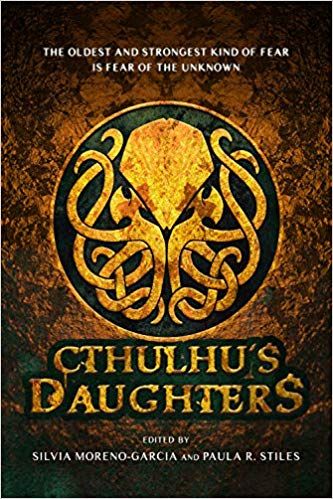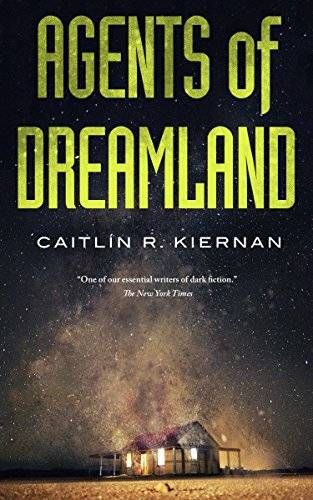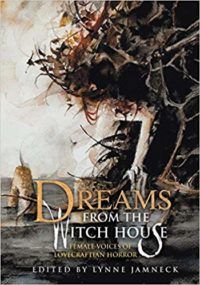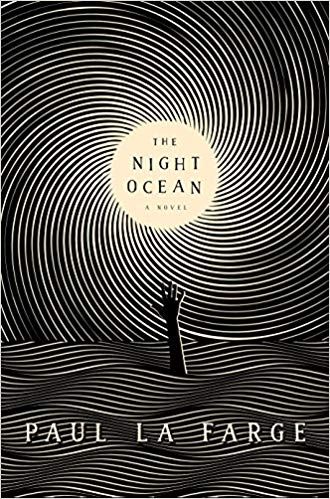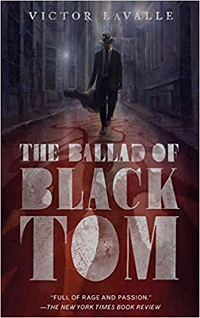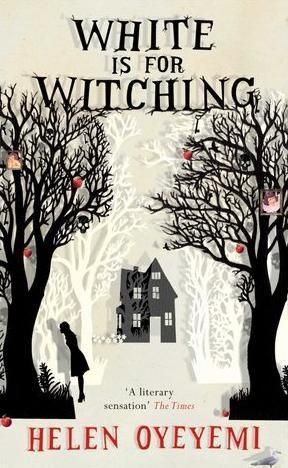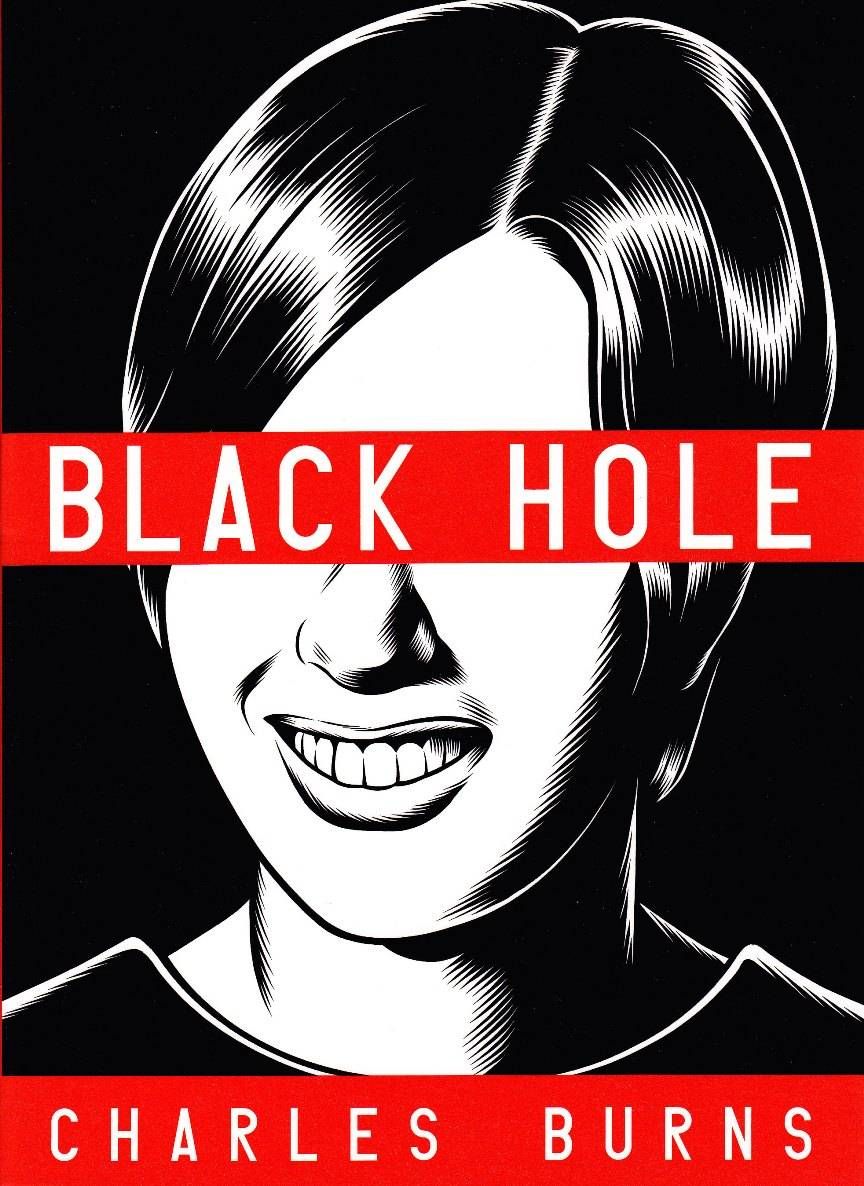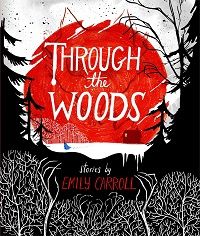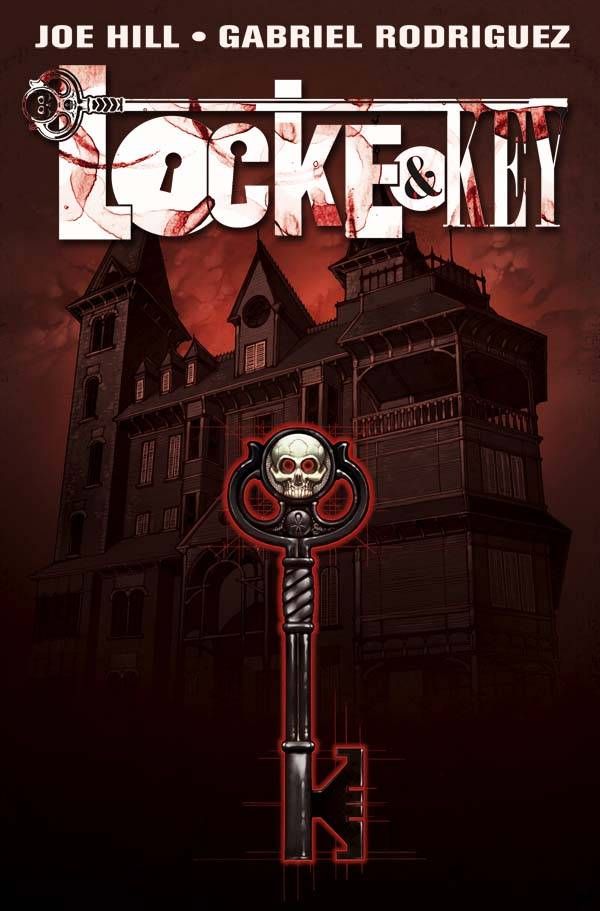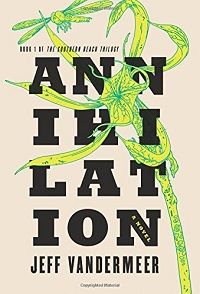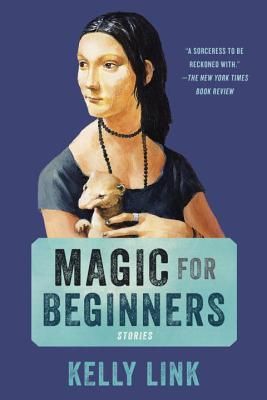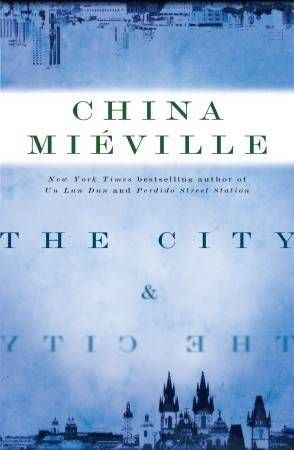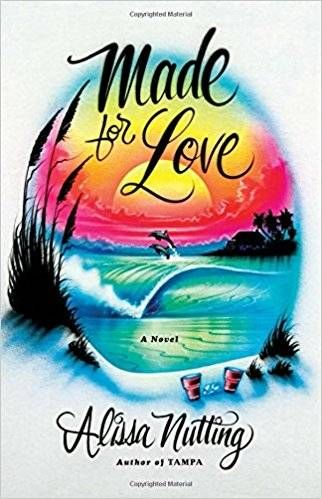What is Cosmic Horror?
A zombie doesn’t scare me nearly as big sky country, where there’s nowhere to hide. Yikes! That’s why I connect with cosmic horror. Cosmic horror stories are a whole different kind of nightmare: the terrifyingly unknowable. These cosmic horror tales draw upon the power of the sublime to make us feel small, inconsequential, and totally helpless against something vast and natural. For instance, that featureless white landscape of a total whiteout snow storm. Or the panic you might feel if the electricity has gone out and you encounter a pitch black house. Cosmic horror is about finding those moments where the unknown crashes up against the known. Maybe you’ve always avoided open water because it makes you feel powerless. A good cosmic horror story would play on that fear, driving you to a startling encounter with the ocean where you are forced to confront how little you can do to change vast cosmic forces that shape humanity. If you thought we have control over our natural world, cosmic horror will make you think twice. Cosmic horror can also be intensely psychological. This genre of horror will often ask us to doubt our default psychological experience. What is “reality” if not a construct we take for granted? Psychology still has blind spots in understanding the brain. Cosmic horror delights in exploiting that endless unknown of the mind. Some of the best cosmic horror crosses over into psychological thriller.
Lovecraft’s Huge Influence… and Problematic Legacy
The cosmic horror genre generally credits American writer Howard Phillips Lovecraft as its founder, and, indeed, “Lovecraftian horror” and “cosmic horror” are often used interchangeably. A prolific author, Lovecraft penned many stories and novels that are often grouped together in the Cthulhu Mythos. Some of his most widely known work include the novellas At the Mountains of Madness (1936), The Shadow over Innsmouth (1936),and The Shadow Out of Time (1936). A few acclaimed short stories are “The Rats in the Walls” (1924) and “The Call of Cthulhu” (1928). If you’re wondering where to start with Lovecraft, a Rioter shows you where to begin. Lovecraft’s fiction established the Cosmicism literary philosophical movement, of which cosmic horror is one example. At the Mountains of Madness, for instance, is written as a narrative by the leader of a failed Antarctic expedition. The crew encounter a lost prehistoric alien civilization. When this seemingly dormant community shows itself to be active, the men come face to face with an—unnamed and once unknowable—evil. In “The Rats in the Walls,” a man moves back to his ancestral home, a mansion where he hears rats crawl in the walls, a paranoia he cannot prove to be true. As buried family secrets are unearthed, the man’s quest for understanding leads him into the heart of sinister forces. But it’s the sound of the rats—invisible and unknowable—that begin to erode his mind. When Lovecraft died in 1937, his work had yet to see its full popularity. Yet as his reputation became more widely known and his writing found an audience, Lovecraft became scrutinized more critically. Both Lovecraft’s fiction and his personal life endorsed racist views. His own views reflect a position of white supremacy. Meanwhile, his stories often antagonize non-Anglo Saxon races and people who are not of English descent. Reckoning with Lovecraft’s problematic legacy is a point of dialogue for modern writers of horror and speculative fiction. One notable milestone was when Black author Nnedi Okorafor blogged about her discomfort at receiving the 2011 World Fantasy Award, which was given as a bust of Lovecraft. The incident brought awareness to the issues in continuing to glorify the author while glossing over the pain and prejudice he promoted. Daniel José Older argues for dethroning Lovecraft and instead highlighting authors of color, including Octavia Butler, for their equally influential impact on shaping fantasy and science fiction. Contemporary writers working in the cosmic horror genre are grappling with Lovecraft’s racism head on. A new class of diverse writers engage with the issues in their work. Bryan Thao Worra explores this tension in his essay, “How Can Writers of Color Reconcile H.P. Lovecraft’s Influence with His Racist Legacy.” While Lovecraft might have started the cosmic horror genre, today it ultimately belongs to the people who are writing it and reading it, reflecting a growing diversity within the genre. If it is time to permanently disentangle Lovecraft from cosmic horror, there’s no better class of authors to give the reins to.
New Cosmic Horror Fiction
Graphic Novels and Comics
Lovecraftian terrors are a natural fit for comics and graphic novels. In these cosmic horror comics, talented artists find a way to depict that blood-curdling unknowable visually. For more, read our roundup of horror manga.
New Weird Fiction
The new “weird” sub-genre often crosses over into cosmic horror. These stories blend fantasy, horror, and literary fiction in Kafka-esque surreal tales. Often, they contain elements that could also be considered as cosmic horror. For more on New Weird, check out Book Riot’s “Beginner’s Guide to the New Weird Genre.” For more from Book Riot on cosmic horror, find awesome works of fiction inspired by Lovecraft, three important Lovecraft retellings, and diverse writers of horror fiction.
